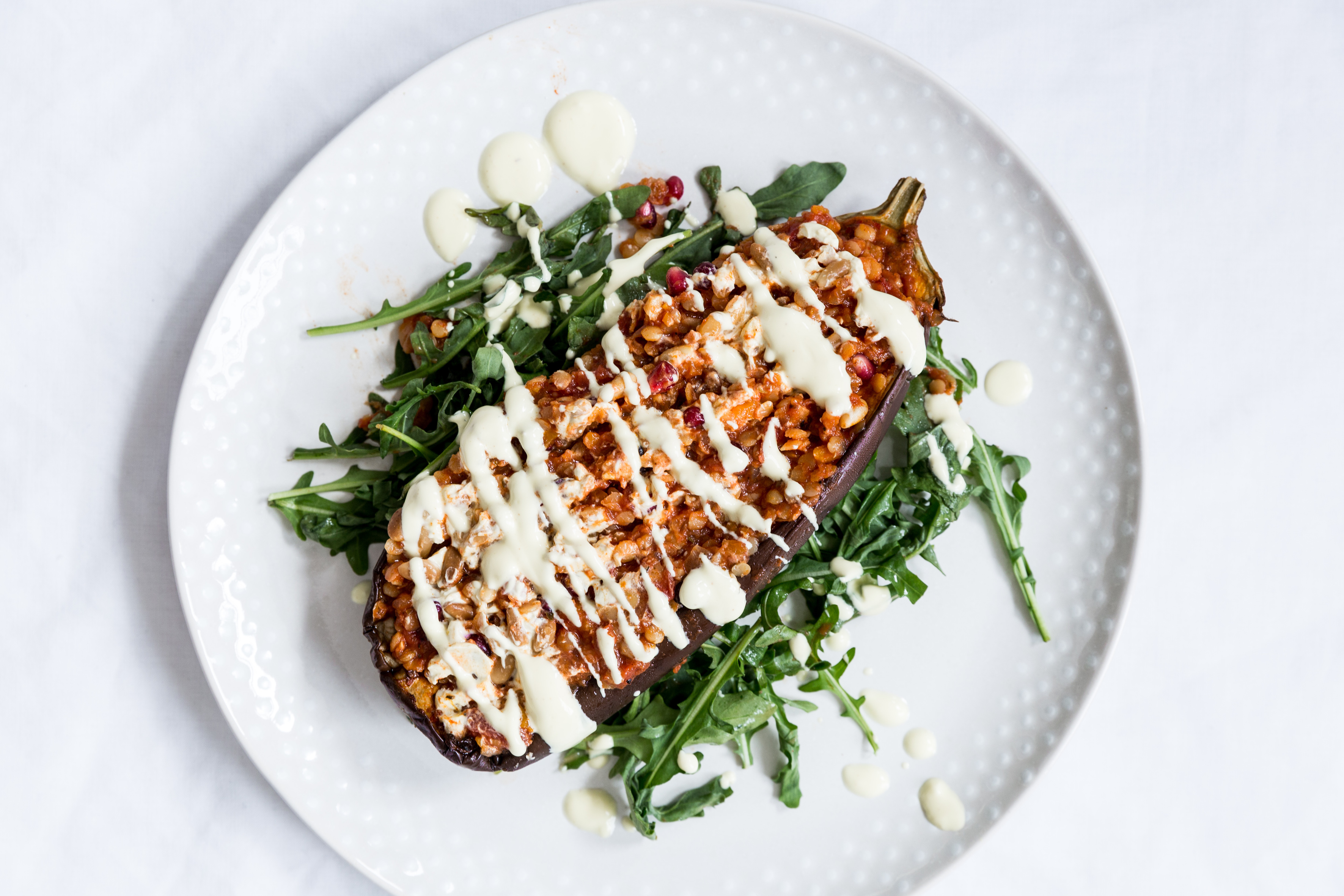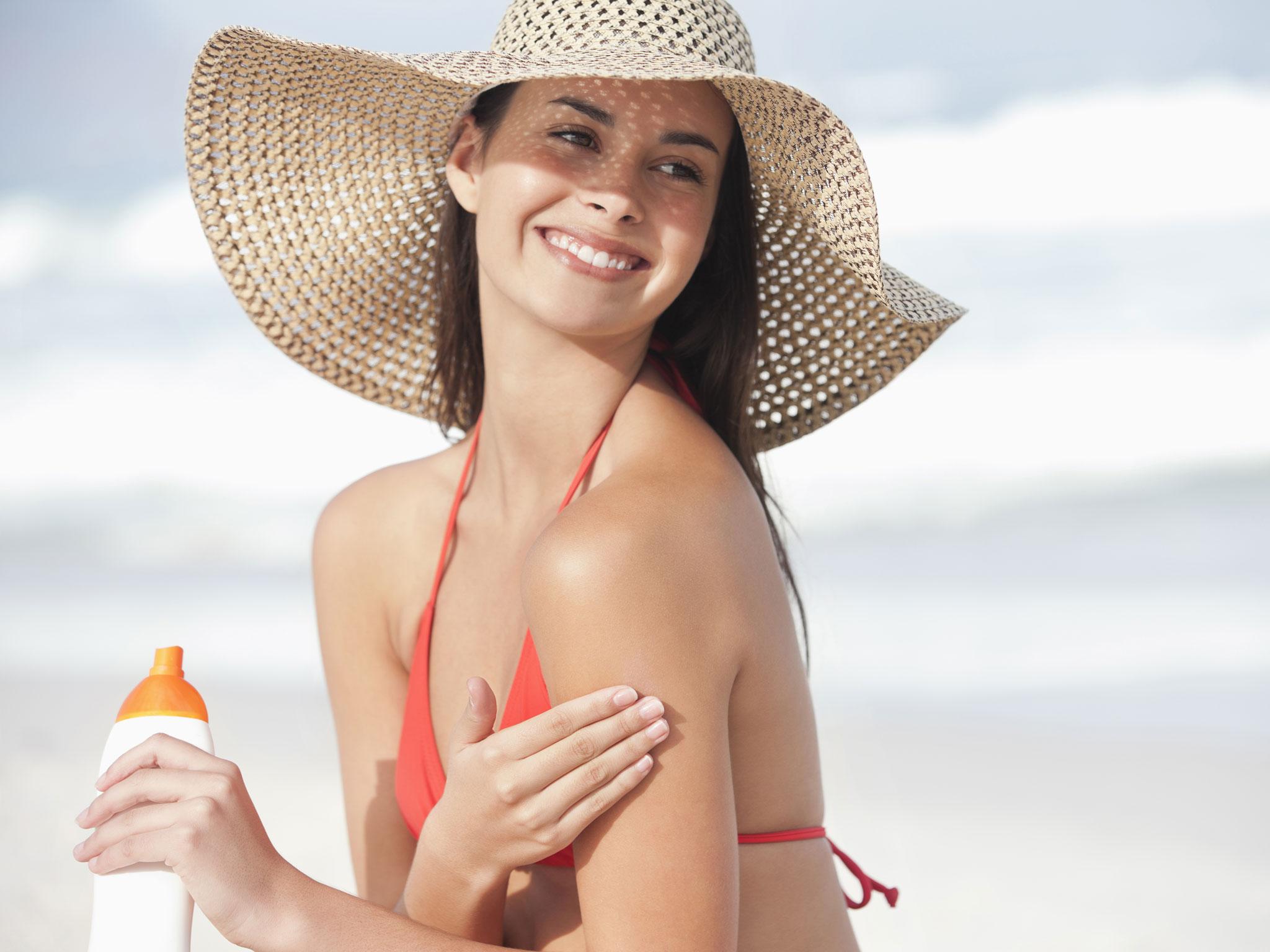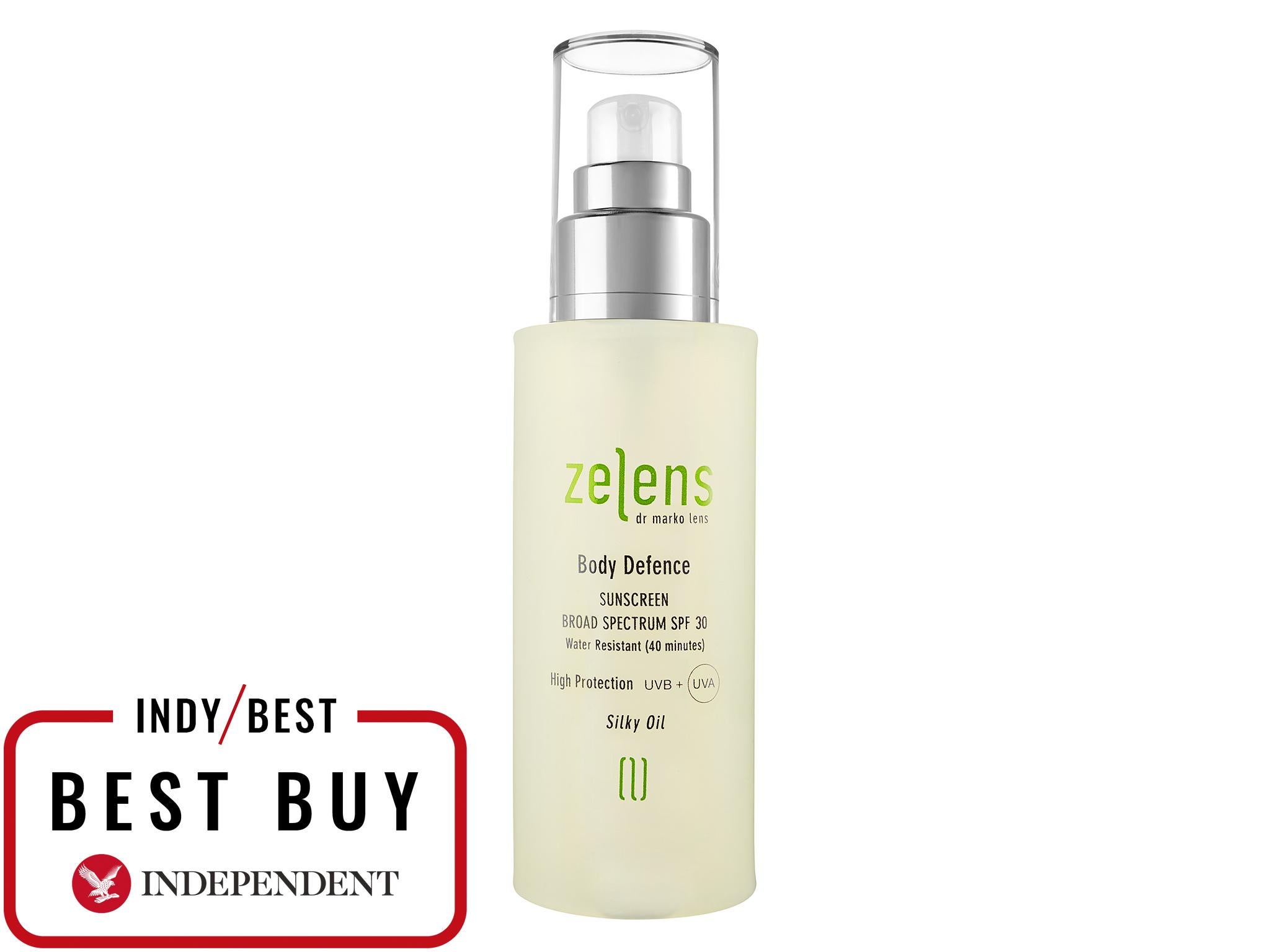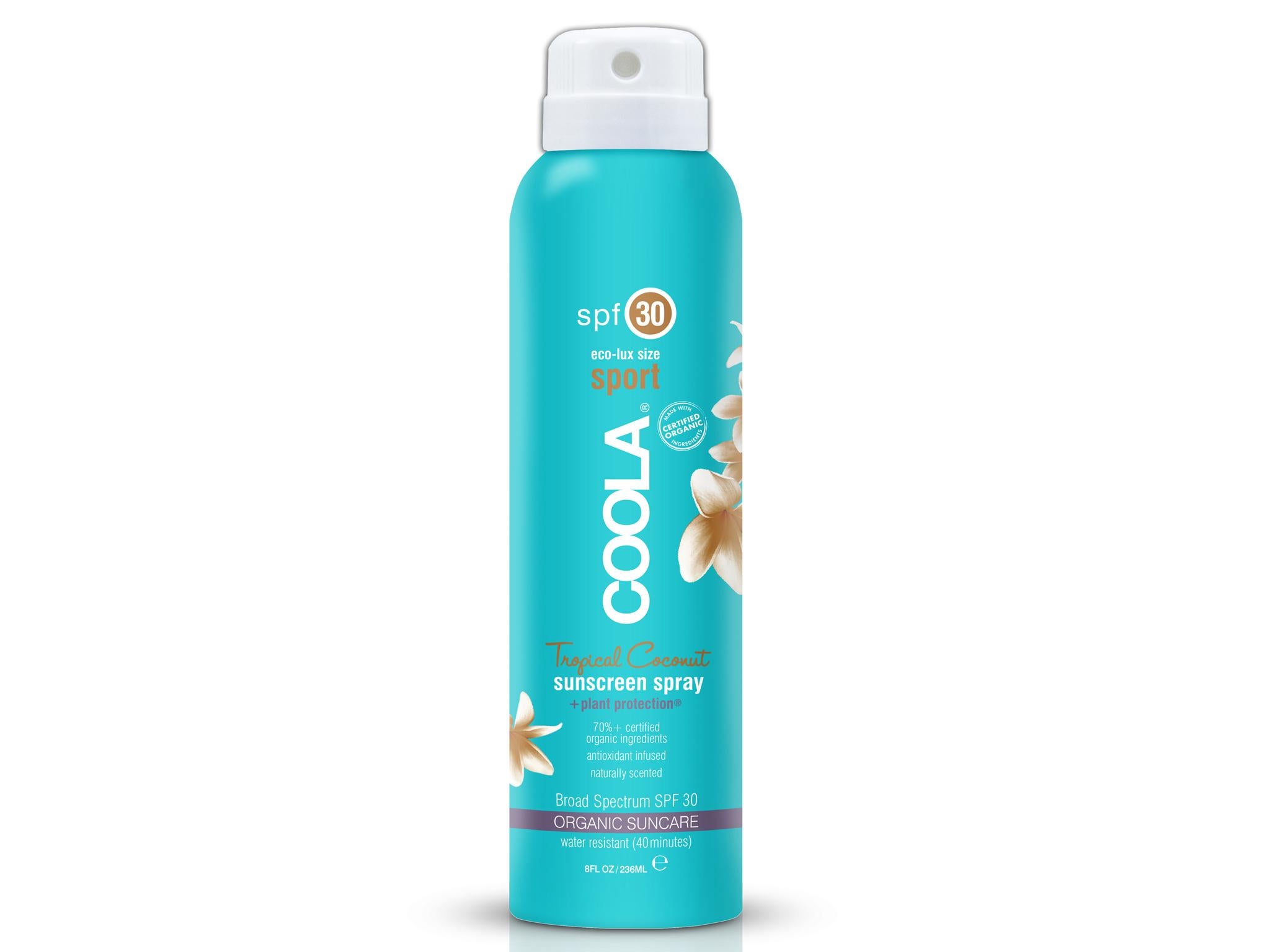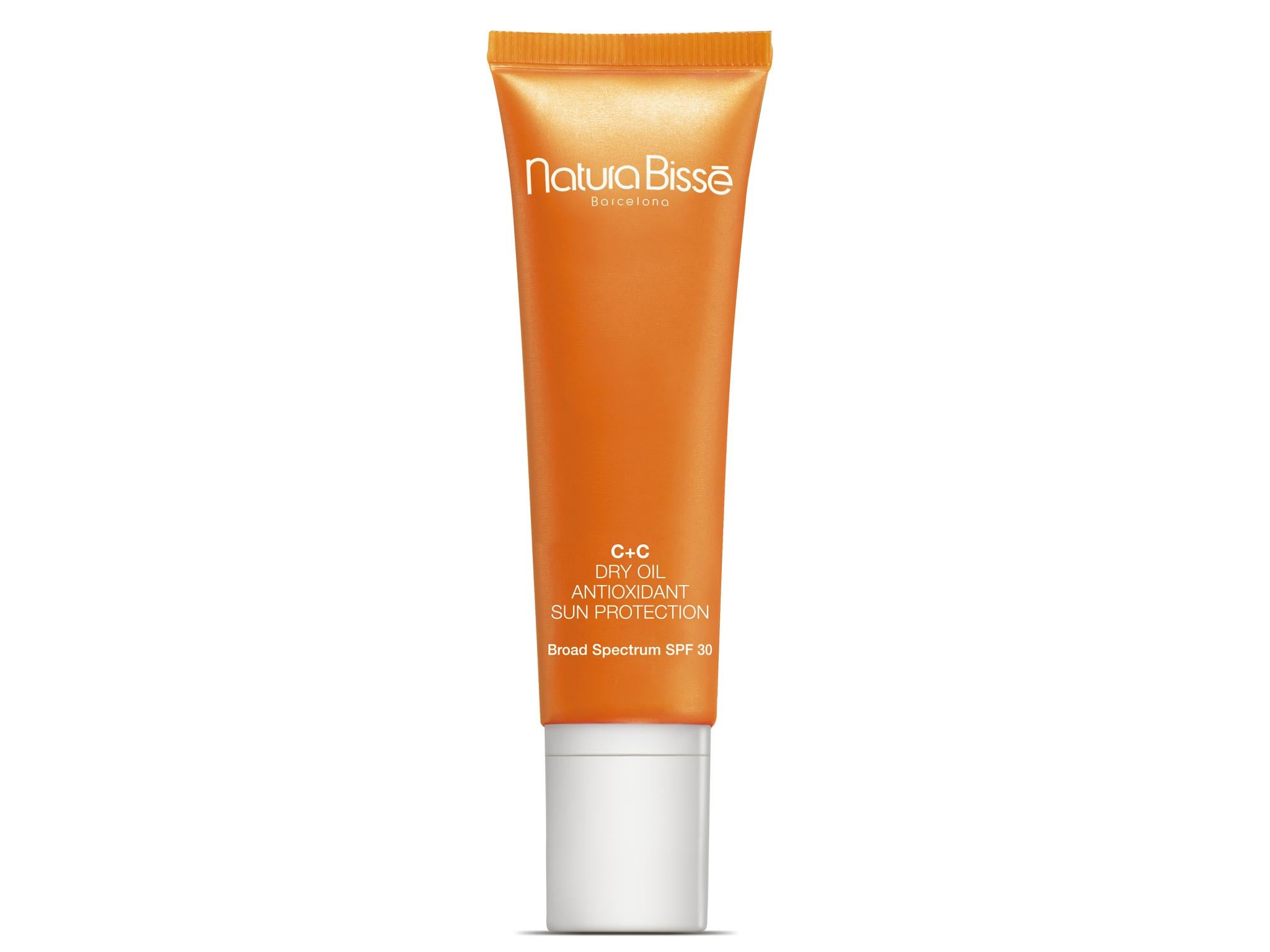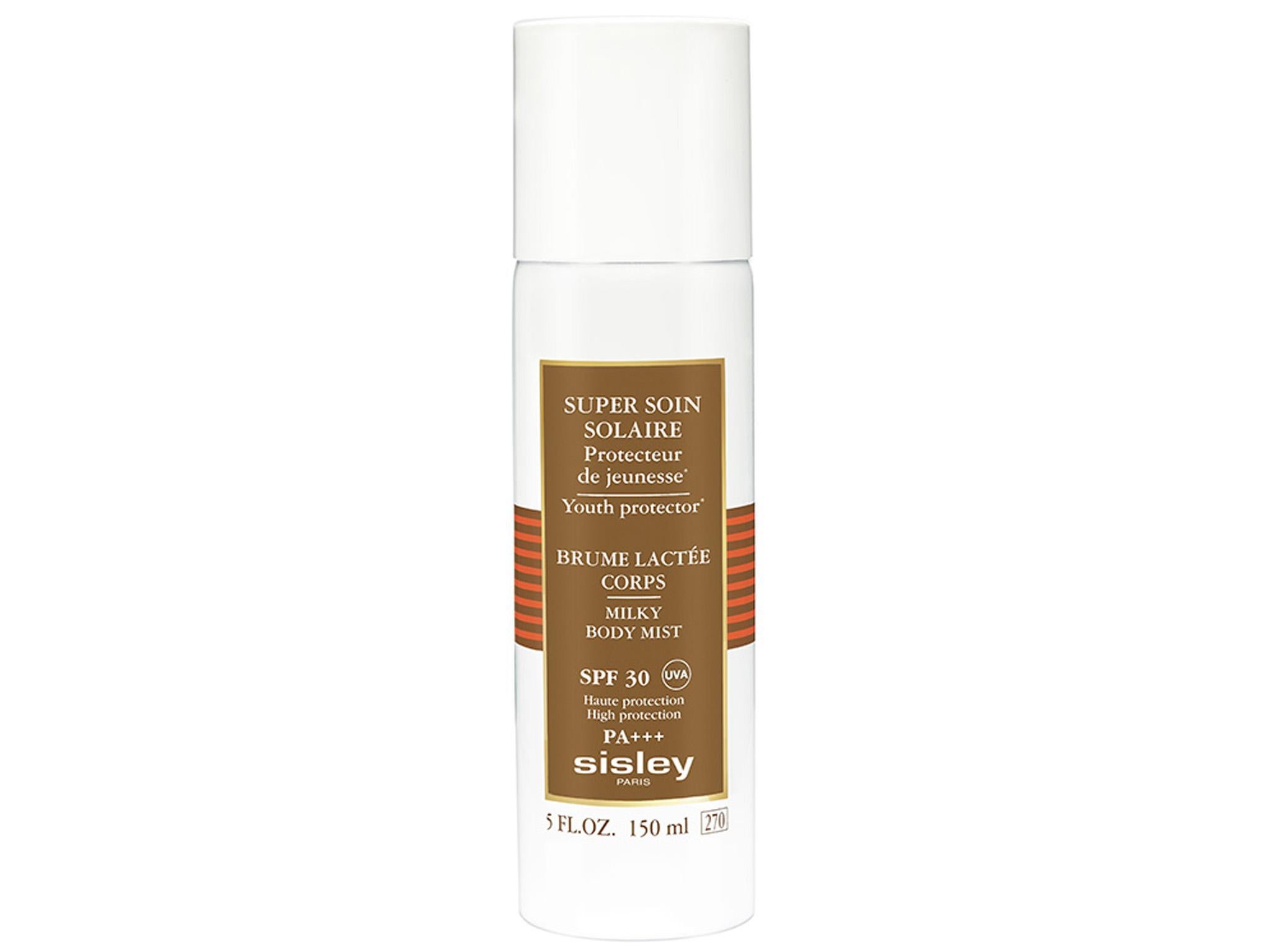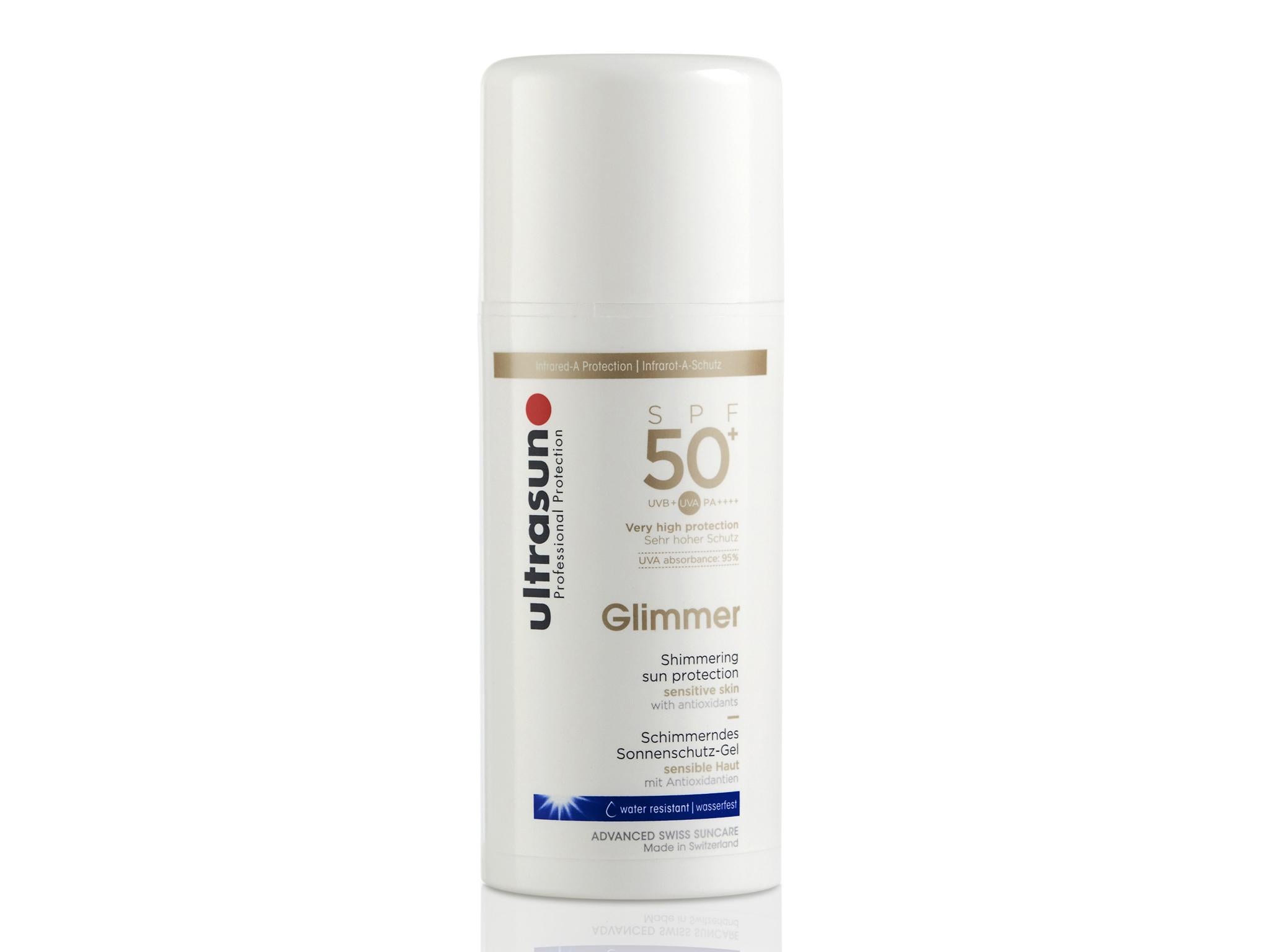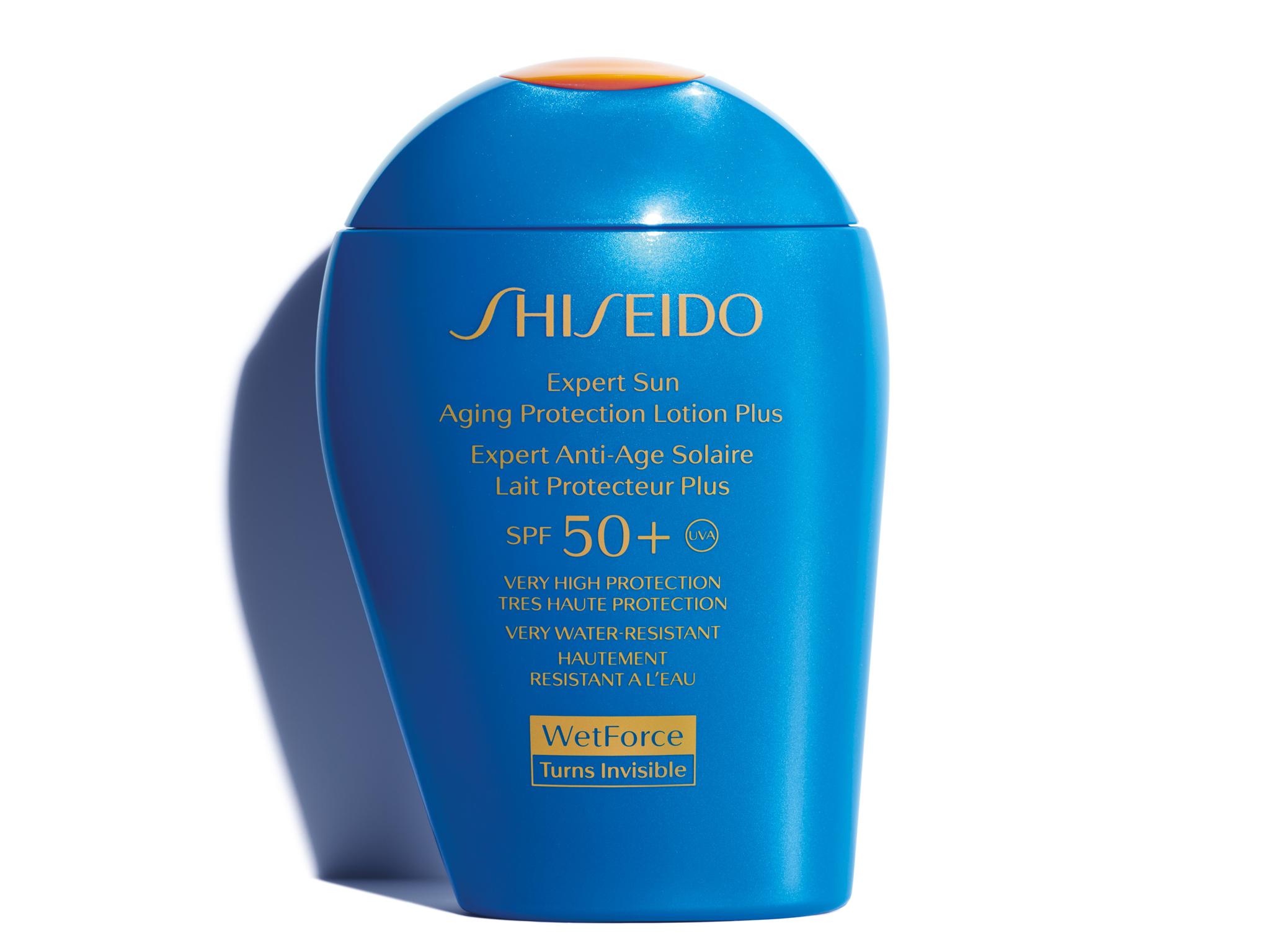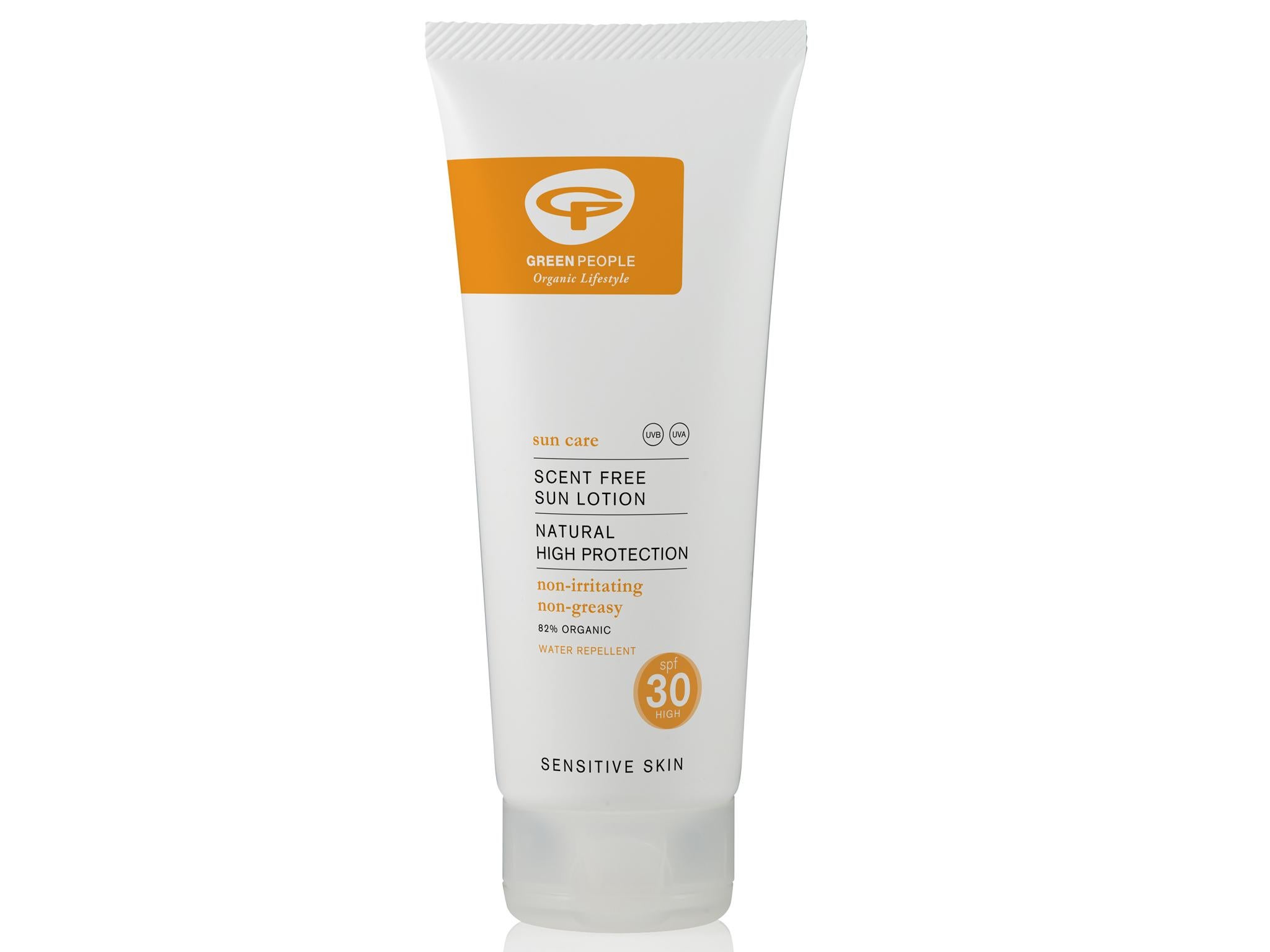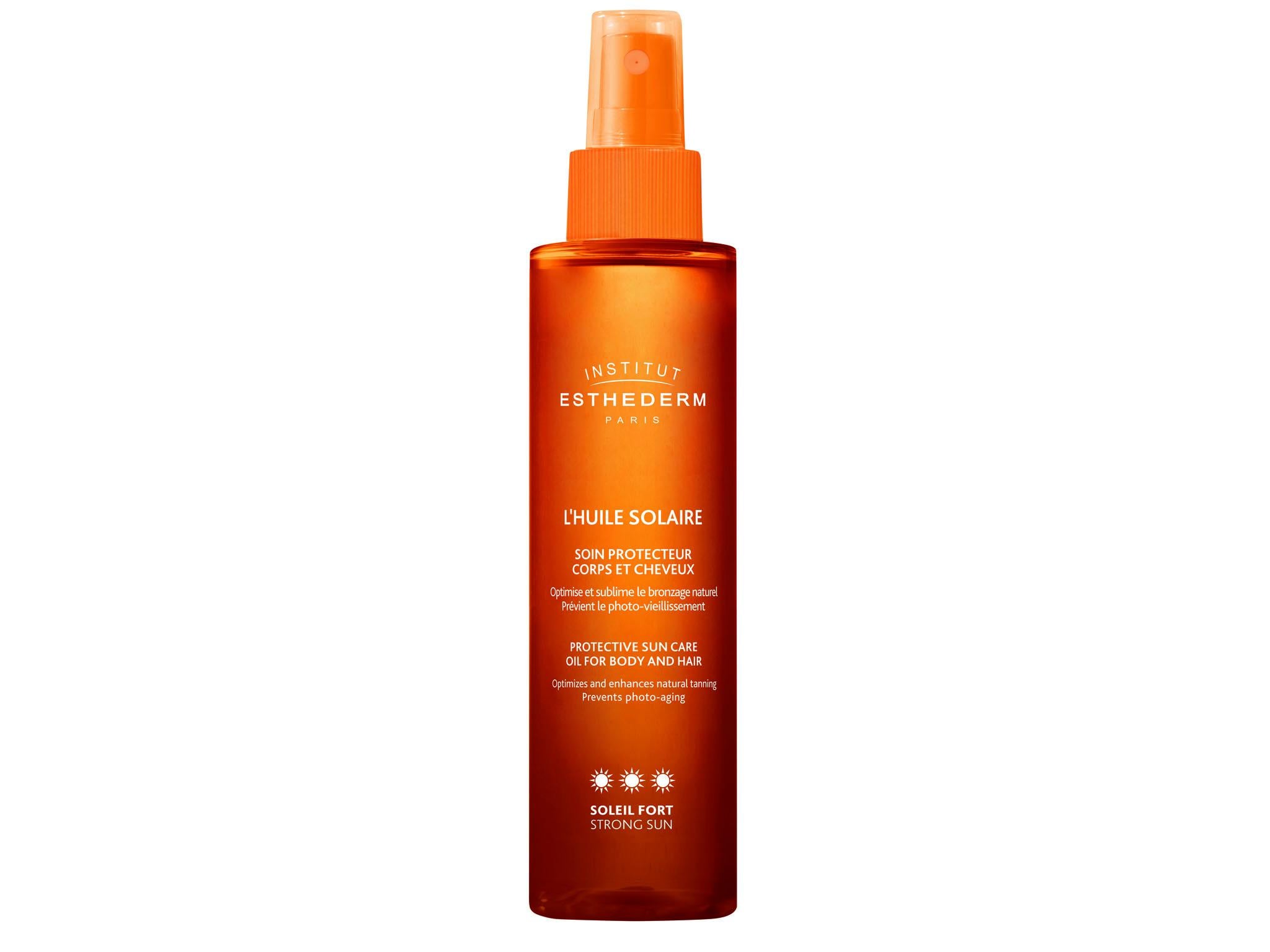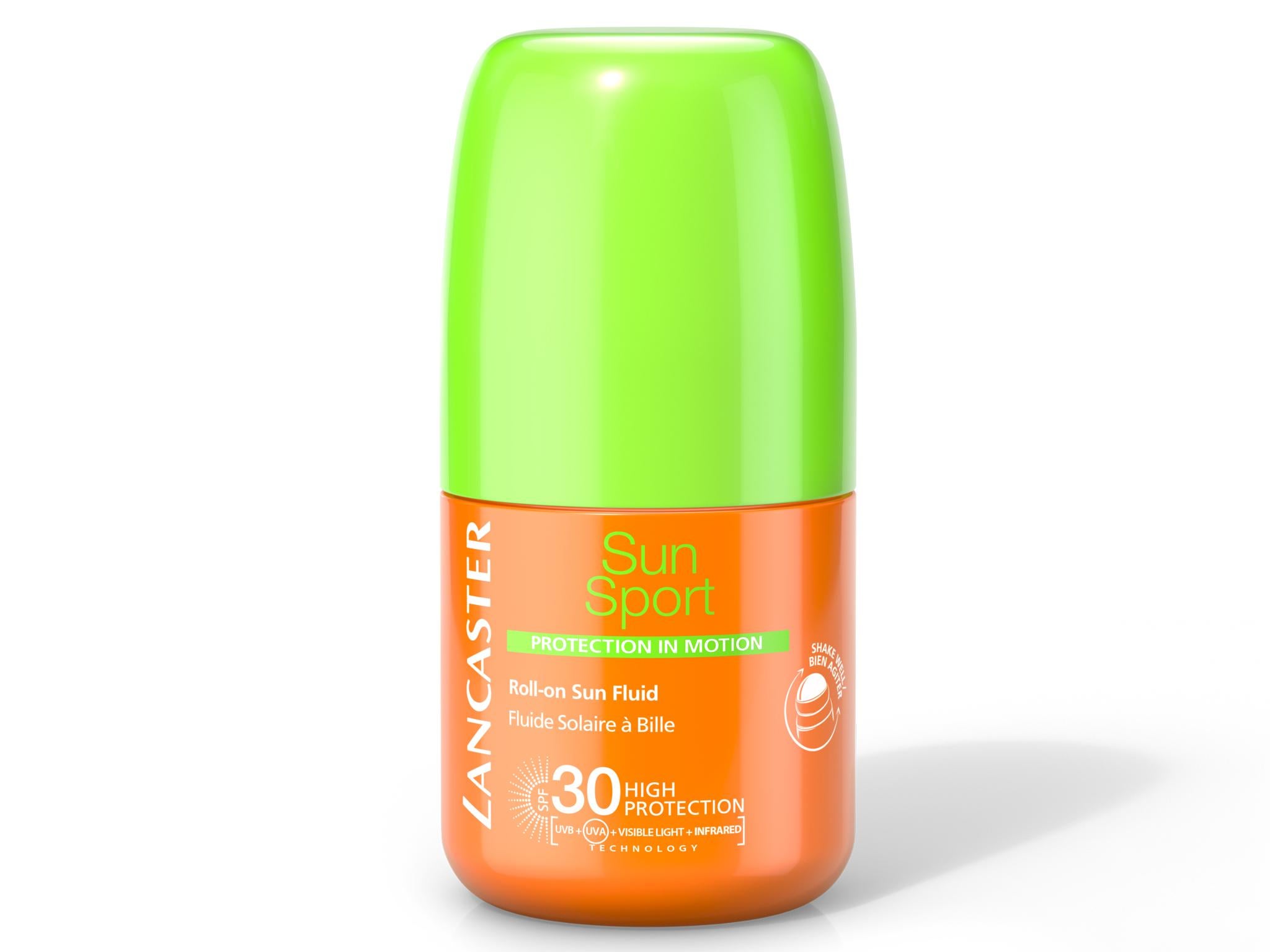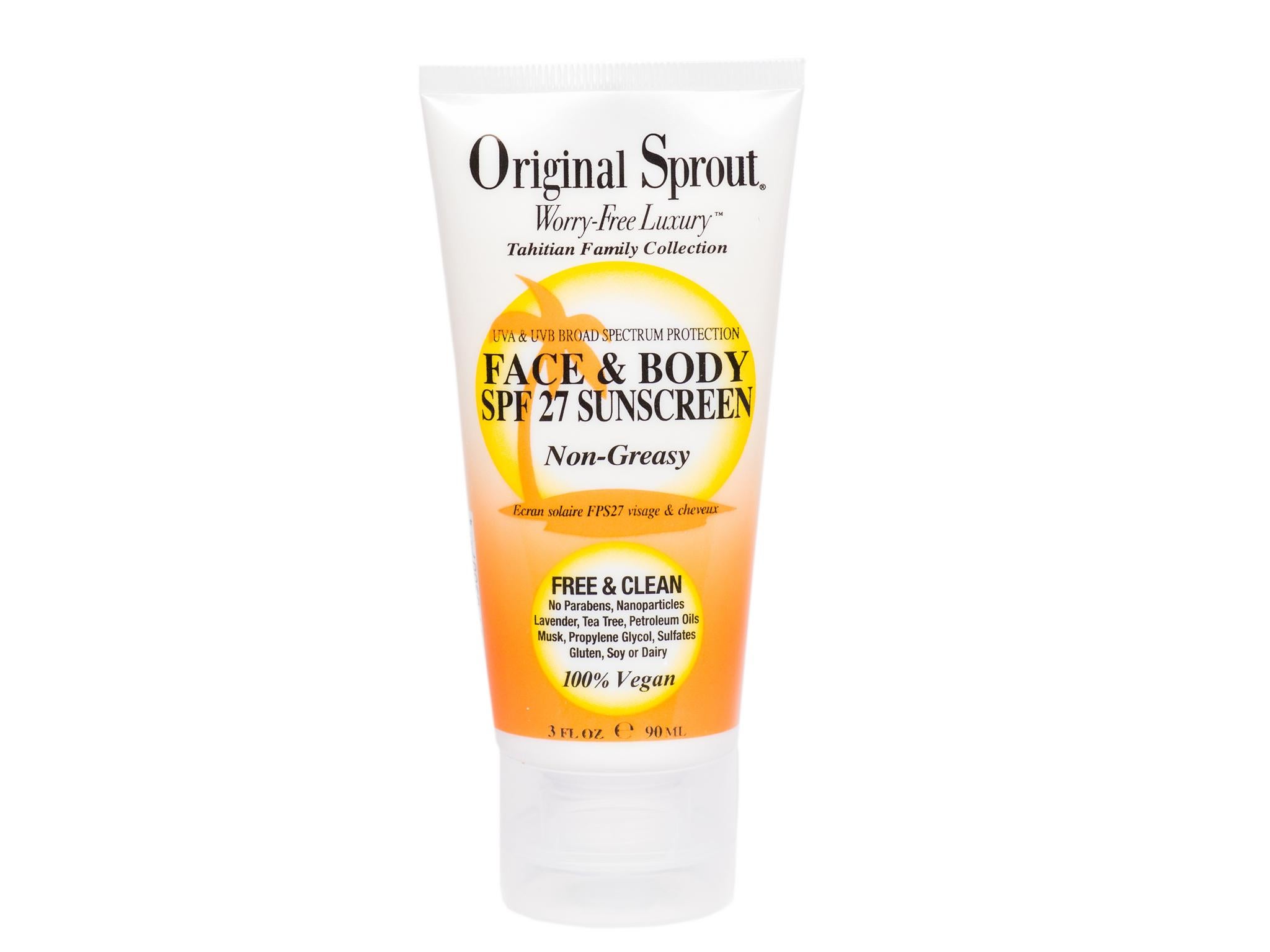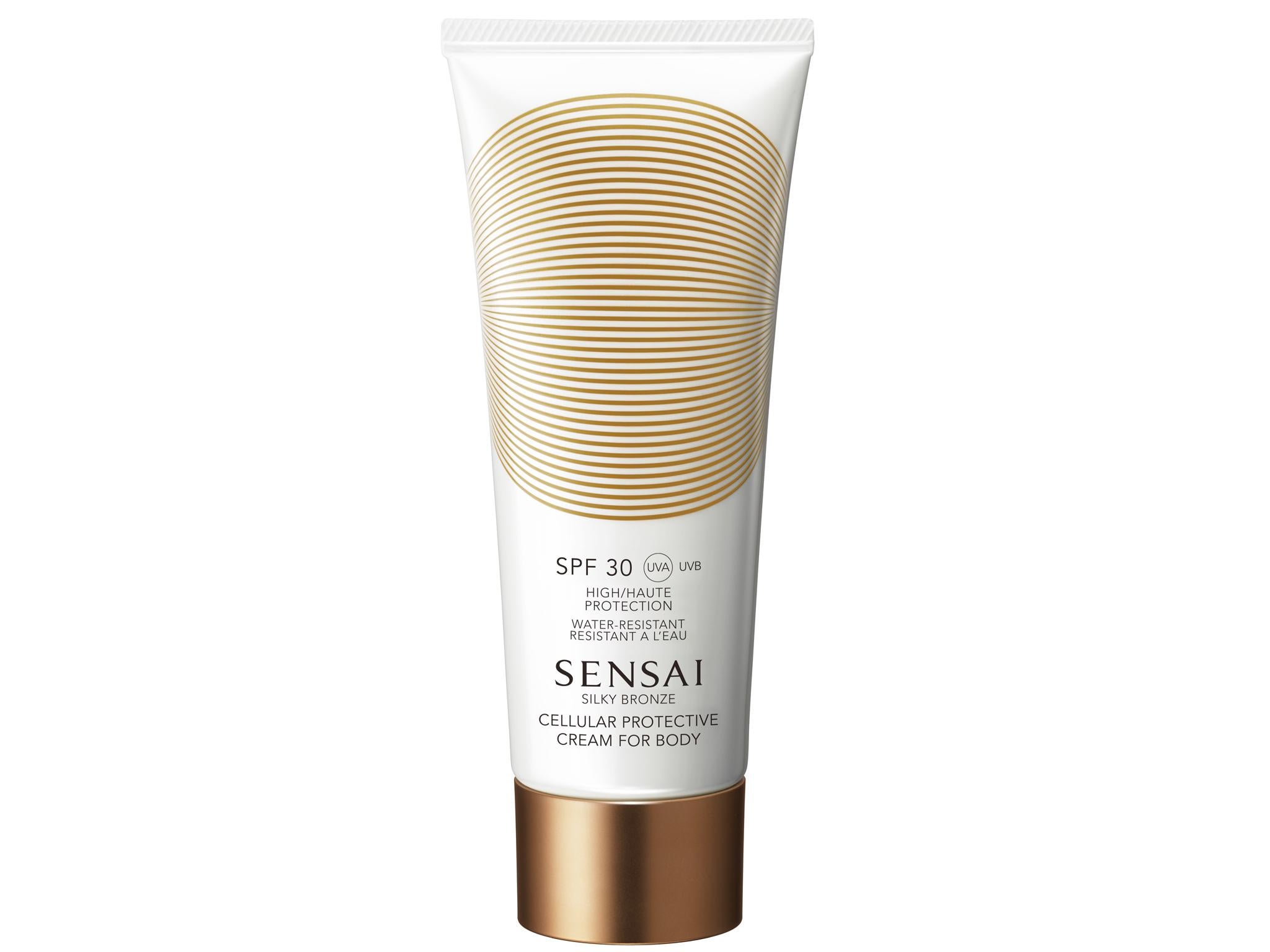Interview - Clarissa Lenherr
by Alexandra Williams,
We're thrilled to have interviewed nutritionist Clarissa Lenherr this month. Read on to find out Clarissa's perspective on nutrition, and life in balance.

Thank you so much for chatting to us. Can you tell us a little bit about what got you into nutrition, and the story behind your training?
It was a personal journey that kick started my shift into a career in nutrition. I spent my early adult years working in corporate marketing, and experienced first-hand how burning the candle at both ends can massively impact our health. After a few years of managing to handle the heavy nights and the stressful days, I noticed that my energy, immune system and digestion was rapidly deteriorating. I felt rubbish, yet I made no connection with how I was feeling to the food I was eating.
It wasn’t until my best-friend insisted that I see a nutritionist that the penny dropped! It honestly transformed the way I thought about health, and changed my life. Instead of focusing on medicine and treatments that might prolong my ability to lead the chaotic lifestyle I was leading, I was able to see how eating the right nutrients and investing in myself was the better solution.
After changing my diet, working on my lifestyle habits and investing in some “me-time” I realised just how fundamental nutrition and nutritional therapy can be to our health.
After seeing first-hand how nutritional therapy helped me, I knew I needed to help others. So, I made the decision to go back to studying, whilst still holding down a full-time job. It was tough and a real commitment, but it was worth every long evening and weekend of studying.
Nutritional advice is something people are more aware now of than ever - but there are so many different approaches - are there and key principles you'd suggest are a good starting point?
1. Try to eat real food without labels. Foods that come from nature and the earth are what we are designed to consume.
2. Drink more water. Most of us are chronically dehydrated, which given that we are roughly 60-70% water, means that just a small change in the water we consume can have a huge impact on our bodies homeostasis. Water is crucial for every cell, organ and system in the body, and vital for us to function at our optimum state. When we are dehydrated, our energy creation, digestive system and food cravings all fall out of whack. So often, my clients are confusing thirst with hunger and end up snacking when all they need to do is drink more water.
3. Listen to your body – learning to be intuitive, sensitive and conscious of what are bodies are telling us is key to achieving health and happiness. If your body is telling you that it craves a certain food type, listen to that. Our bodies are incredibly intelligent and are equipped to tell us when it needs something. And listen to your hunger cues. If you are hungry, it is for a reason, and listen to your stomach when it tells you that you are full. More often than not, we are so busy in our modern-day world, that we forget to listen to our bodies and brains, pushing ourselves beyond the boundaries that our bodies are telling us to stay within.
4. Move daily – whatever your preferred form of movement is, from going on a walk to gardening or kickboxing, enjoy movement as part of your day to day routine. Physical activity is beneficial for both the mind and the body.
With hectic lifestyles and being on the go all the time, we're all sometimes a little lacking in energy. Do you have any suggestions for energy boosting foods, or ways to keep us from feeling sluggish?
Achieving a balanced plate at all meals is crucial and ensures we are getting the right macronutrients to fuel our bodies with energy. I like to refer clients to this diagram when they are struggling with their energy and need some guidance on what and how they should be eating at every meal.
As long as we are filling our plates with a handful of good quality complex carbohydrates, two hands of vegetables in all their colours, a palm sized portion of protein and 1-2 thumbs of healthy fats such as olive oil or nut butter then we are on the right track!

Juicing has had its fair share of controversy, we'd love to hear your opinion as a nutritionist on the benefits of it, and how you'd suggest it to your clients.
Juicing is a fantastic way to get a quick and readily absorbable influx of nutrients and nourishment into the body. It can often be difficult to physically eat as many vegetables and fruits that can be fit into a juice.
Additionally, embarking on an occasional one to three-day juice cleanse can be a great way to re-set your body and in particular your liver and digestive system. If you are finding your energy systems are a bit sluggish or your stomach is frequently over-saturated with rich food, a juice cleanse can help you clean the slate and start fresh.
However, I will note that I am a fan of predominantly green vegetable juices over those that are only fruit based. We can all enjoy eating fruit in its whole form, but not all of us tend to snack on raw kale and spinach!
For clients, I recommend incorporating a green juice into their diets whenever possible. For those of us who are chronically time poor and don’t have the ability to dictate what we eat at every meal, then incorporating a green juice every day ensures we are getting those vital nutrients in.
Life is all about balance, and we've got to be realistic about that. How do you manage keeping that balance day to day? Is there anything you'd completely avoid, or things you have in moderation?
I am a real foodie at heart, so I never avoid anything entirely (apart from dairy products as unfortunately I find them hard to digest).
I don’t believe in deprivation, and as long as you aren’t suffering with a health condition or find something doesn’t agree with you, I believe it is never a good idea to deny yourself of anything … it often results in over overconsumption later down the line.
I am not perfect all the time, and I don’t expect my clients to be, as its not realistic or enjoyable. I enjoy red wine and coffee, for example. But I’m consistent in that I eat well most of the time and when I do eat something that might be termed “unhealthy” I make sure that I enjoy and savour it, rather than feel guilty.
Do you have any favourite restaurants or delis in London you'd recommend are great for a lunch on the go?
Yes, one of my favourites is The Detox Kitchen in Fitzrovia and Soho, I love their different salads as they are always packed with flavour and nutrients. High Mood Food do a great banana bread with tahini which you can get to takeaway. If I am looking for a quick lunch that I can take away with me, I try to find a good quality Poke bar. I love the fact that you can build your own bowls depending on how hungry you are and what flavours you feel like eating! Plus they always have a wide variety of healthy ingredients you can choose from, whether its brown rice, quinoa, omega 3 filled salmon or kimchi which is fantastic for promoting good gut health.
How can clients make an appointment to see you and what would that involve?
Clients can book through my website or by emailing me direct (clarissa@clarissalenherr.com).
Clients can expect individualised support based on comprehensive health screens, dietary and lifestyle assessment, laboratory testing and ongoing nutritional supplementation where appropriate.
The initial consultation is usually a lot of information gathering, I take a detailed case history from each client and ask them questions about their nutritional habits, lifestyle, medical history, family history etc. After evaluating this alongside their aims and concerns, we formulate a unique and bespoke plan together, in order for them to achieve their goals.

